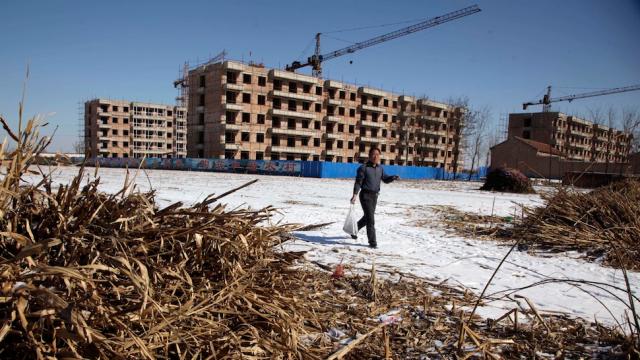The “smart city” might not be so smart, and gentrification might not be so bad. Plus a sad story about how urban development is destroying Chinese villages — 300 of them per day. This is our weekly look at What’s Ruining Our Cities.
Urbanisation is ruining Chinese culture
When we talk about China, we’re usually talking about megacities like Beijing and Shanghai. But China has traditionally been a rural culture, its population scattered across the country in small communities that each have their own rituals, beliefs, and festivals. Those small villages have been lost at a staggering rate in the last few years due to encroaching development and urban sprawl: “In 2000, China had 3.7 million villages, according to research by Tianjin University. By 2010, that figure had dropped to 2.6 million, a loss of about 300 villages a day.” Residents and historians are working hard to keep piece of the cultural heritage alive, even as the physical villages have disappeared. [New York Times]
Gentrification might not be ruining New York
Perhaps no word gets a worse rap in urban culture. But the “g-word” might not actually be all that horrible for neighbourhoods, argues New York Magazine architecture critic Justin Davidson in this excellent piece exploring the nuanced relationship between old-school businesses and shiny new development. “As the cost of basic city life keeps rising, it’s more important than ever to reclaim a form of urban improvement from its malignant offshoots. A nice neighbourhood should be not a luxury but an urban right.” [New York Magazine]
The “smart city” is ruining cities
There’s no doubt we’re moving towards a new breed of quantified urbanism, where data touches our daily lives in every conceivable way, from transit apps to GPS maps. But the “smart city” is largely a marketing term, coined by companies like IBM and Cisco, which wanted to find a way to expand their software offerings into new markets. This push towards a data-driven society might actually end up making cities more predictable, constricting, and — perhaps the worst part — boring for citizens, says urban studies expert Adam Greenfield. “He believes that cities have a logic all their own, which is based on chaos and diversity. Making them ‘smart,’ and subjecting their citizens to the logic of algorithms, could be more like authoritarianism than freedom.” [i09]
A Chinese farmer walks past the half completed apartment blocks built to relocate the farmers from Damazizhuang village in northern China’s Hebei province. AP Photo/Ng Han Guan
